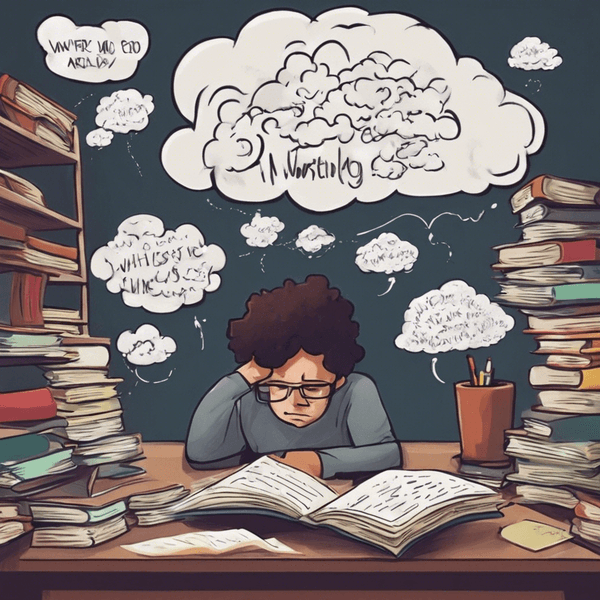College students are especially bad about developing habits during their first year of studies that they know will be bad for them during their later years. From procrastinating to doing large loads of laundry on one solitary day every week or so, some habits just become hard to break. We know that to form a habit, it takes approximately 66 days of disciplined practice in order to get the habit to stick. How long does it take to break a bad habit? As it turns out, it takes about the same amount of time: 66 days. Why? According to Timothy Pychyl, "Breaking a habit really means establishing a new habit." Essentially, in order for you to break your bad habit, you have to establish a better habit to replace it.
So where does that leave college students? Well, that leave us with a million habits to break, and essentially no way of doing it, right? Wrong. Listed below are seven habits you should break during your summer break to make your semester the most productive it can be.
Also see: 9 Weird Habits You'll Only See In College Students
1. Stop procrastinating on your work.
This seems like a no-brainer, but the concept of not procrastinating is a hard one for college students. Many reasons why a student procrastinates all boil down to one thing: You did it in middle school and high school and so you're under the impression that you'll be able to get by with last-minute work. Again, this notion is wrong. Other reasons you procrastinate can include lack of time management.
Solution? Read this article about seven ways to better management your time and implement some of its methods.
2. Stop washing all of your laundry on one day.
This seems dumb. But Sarah, when do I have time to do laundry during the rest of the week? Literally, anytime. Think of it this way: If you do your laundry off and on throughout the week, instead of all in one day, you're more likely to have clean clothes when you need it, and less likely to have to wait on another washer or dryer to be emptied.
Solution? Pick two less busy days during the week and wash and dry what you've worn so far in the week.
3. Stop using the night time hours to study.
The epitome of every college student's experiences in college: staying up until one or two in the morning working on that paper that you decided to do at the last second (talk about procrastination). Like you, I've spent many hours into the night doing things at the last minute. Why? Because, just like you, I don't use my time wisely, and therefore I use the late night to complete my work. I'm not alone this, either. In fact, according to the American Psychological Associations, between 80 and 95% of college students procrastinate on their school assignments. This can cause problems in productivity as well as sleep patterns.
Solution? Discipline yourself to put away the textbook when it gets dark outside.
4. Stop sacrificing sleep for a grade.
This really ties in with not using your night hours for studying. Because many students are using the night to get all of their assignments completed, on top of having to get up early for those 8 a.m. classes, they are really sacrificing a lot of precious sleep. Reasons you should really get at least seven hours of sleep a night include dramatic shifts in mood (no one likes a grump person), better grades on your assignments, and an overall more positive outlook on life.
Solution? Discipline, discipline, discipline. Make sure you go to bed at the same time every night and wake up at roughly the same time every day.
5. Stop sleeping in.
I know that because of the stresses of the semester, you're likely to sleep in a lot during the summer. Don't. If you sleep in until noon (or even two or three in the afternoon, like I've done in the past), you'll eventually have to retrain yourself to go back to bed at a normal time and wake up at a normal time. It's not fun trying to retrain yourself to act like you did during the semester.
Solution? Work on your sleep hygiene and make sure you constantly remind yourself that you have to be productive during the day. Even though it's summer, there's much to do, and you can't do all of the things while sleeping.
6. Stop saying "yes" to everyone.
There are many reasons why people say "yes" to everything. These reasons range from being taught to never say no by their parents to feeling guilty or being gaslit whenever you do say no.
Solution? Learn to value yourself and your time and stop saying yes. Say no for once.







 StableDiffusion
StableDiffusion
 full parking
StableDiffusion
full parking
StableDiffusion


 Photo by
Photo by 








